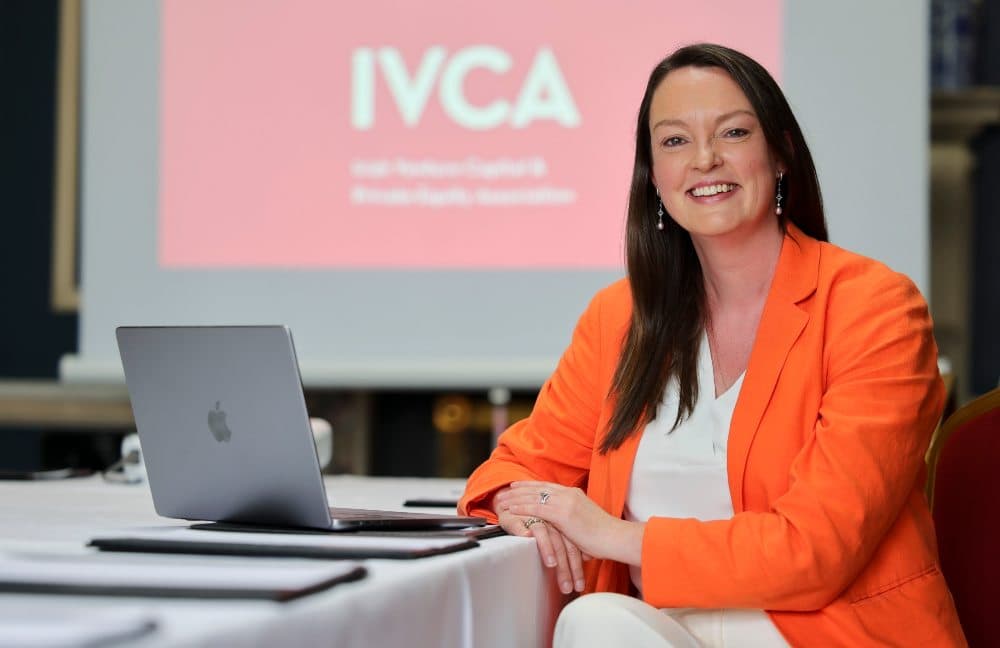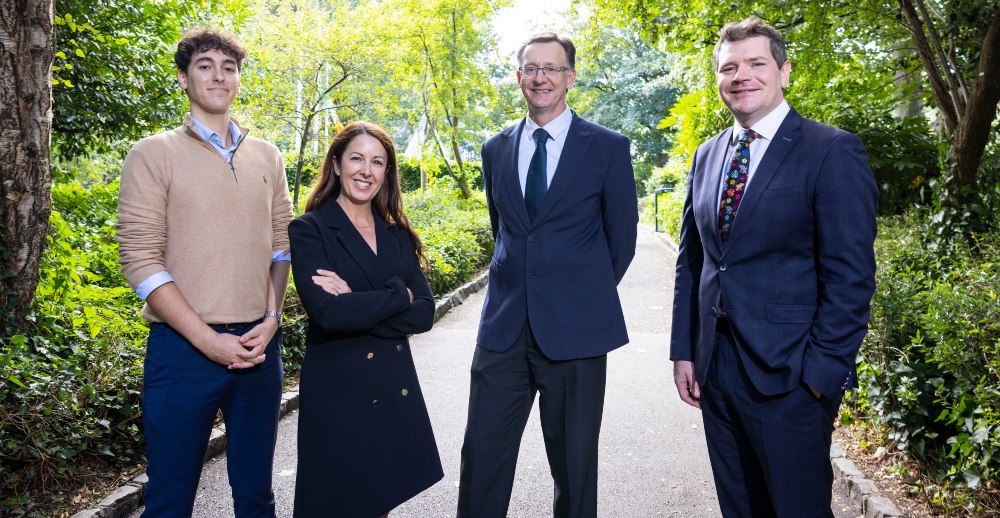Podcast Ep 224: Barry Guiney, head of the Scale-up Collective at Odgers Berndtson, says scaling Irish tech businesses have never been more attractive for talent.
We talk to Barry Guiney, head of the Scale Up Collective at executive search firm Odgers Berndtson Ireland about the prevailing trends in tech recruitment. Is the sector in slowdown or is it heating up?
Barry is chief operations officer and head of the Scale Up Collective at executive search firm Odgers Berndtson Ireland. He has more than 20 years of senior executive experience in the technology sector.
“We need to realise that while FDI is incredibly valuable to Ireland, it is in fact the indigenous businesses that create the real wealth.”
As the head of the Scale Up Collective, he specialises in guiding investor-backed tech companies through various stages of growth. His career includes roles at Digitsoft.tv, Bluemetrix, and Xanadu Consultancy.
The Scale Up Collective, under Barry’s leadership, offers a unique and innovative support system for tech companies, from venture-backed firms in Series A/B/C stages to exit-ready businesses and private equity-owned enterprises. Barry has a brilliant understanding of the tech landscape and the strategic approach required to scaling companies.
He also has great insights on current hiring trends in the tech industry. One particularly noteworthy one is the rapid emergence of the chief AI Officer role, which underscores the increasing integration of artificial intelligence into business strategies.
Barry’s professional perspective on this trend, also informed by his own past experience as a Chief Data Officer, gives an understanding of the evolving tech job market and the challenges employers face in defining and filling these new, critical roles.
Scaling Irish tech is attracting leadership talent
In the ThinkBusiness Podcast he explained how he and his colleagues internationally formed the Scale-up Collective to work with scaling businesses and their investors.
“Our goal was to make services like that of executive search and leadership advisory accessible to these investors and the businesses they are looking to grow.
“That is very relevant in the Irish market, the opportunities where businesses can genuinely achieve scale in Ireland.”
The irony that success stories like Stripe and Intercom had to go away and come back – both were forged in San Francisco – is not lost on Guiney. But he says things are changing. Because they have to.
“They have really significant operations in Ireland today but they did have to take that journey.”
Guiney lauds the efforts of Scale Ireland and Endeavor Ireland as well as Enterprise Ireland who have helped create the supports that scaling businesses need.
“We have seen the likes of Work Human and Wayflyer and of course Cubic Telecom achieve unicorn status with literally billion-dollar valuations that can be grown out of Ireland, run out of Ireland and are able to achieve the funding, support and advice that has helped them to achieve that here locally.”
He notes that investments in scaling Irish firms UrbanVolt and AMCS are coming from overseas rather than locally, which is not the case in countries like France.
“It creates an interesting dynamic. But I think the local venture capital firms are working to build war chests to invest in local firms. Now those funds are starting to be re-established and Enterprise Ireland is focusing on the seed and venture level, and hopefully we’ll start to see those funds being released and investments made in the coming months.”
So the funding is coming, but do we necessarily have the skilled talent who can take and lead Irish tech businesses to the next level?
Guiney says yes. In fact many of them have been formed by their time in multinationals leading large, complex international teams. The ingredients are here.
“There’s a significant cohort of really seasoned executives who have operated at a genuine scale and complexity in a number of the bigger multinational firms in big tech, like Meta or Google, who are starting to make themselves available to smaller, scaling businesses.”
Guiney has form in this regard, having left Microsoft to work on a digital TV start-up in Cork, in which he learnt many valuable lessons.
But the overriding question is whether the tech industry is in growth or in freefall following the mass layoffs that came in the wake of the end of the pandemic.
On the one hand some tech giants are laying off thousands of workers, others are effectively replacing one generation of skilled techies with a new generation of AI-focused techies.
I put it to Guiney that in all of this churn, Irish start-ups who are usually on the losing side in the war for talent may actually benefit.
“The talent was enjoying all of the benefits and stock options and it was very hard for an Irish business to win that talent at a local level. The correction has started to free up those people in terms of some of them being made redundant and their compensation has been greatly reduced. So now as we approach people in the market on behalf of our clients, they are more receptive to working in indigenous companies.
“We have had first-hand experience of being able to bring a leader from one of the big tech firms in Ireland to lead an Irish medtech business as CEO.
“We need to realise that while FDI (foreign direct investment) is incredibly valuable to Ireland, it is in fact the indigenous businesses that create the real wealth. There is a big emphasis on supporting the growth of indigenous business, but also a real understanding of the genuine monetary value that brings.”
Background to main image at top: Photo by Markus Spiske on Unsplash
-
Bank of Ireland is welcoming new customers every day – funding investments, working capital and expansions across multiple sectors. To learn more, click here
-
Listen to the ThinkBusiness Podcast for business insights and inspiration. All episodes are here. You can also listen to the Podcast on:
-
Spotify
-
SoundCloud
-
Apple






